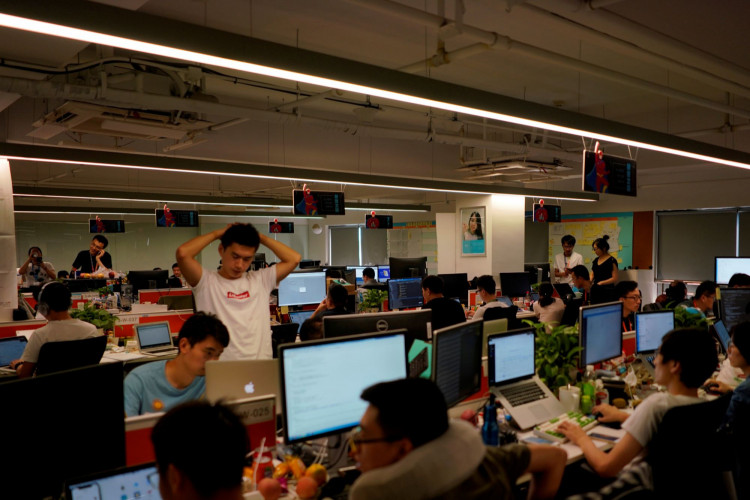The COVID-19 pandemic has forced many companies to adopt work-from-home policies in an effort to maintain efficiency and output. However, forcing such a policy may actually impact productivity negatively, according to a Stanford economist.
"We are home working alongside our kids, in unsuitable spaces, with no choice and no in-office days," says Nicholas Bloom, a senior fellow at the Stanford Institute for Economic Policy Research (SIEPR). "This will create a productivity disaster for firms."
And yet Bloom's concern is the exact opposite of the contents of a paper he co-authored praising the benefits of working from home. Published in the Quarterly Journal of Economics in 2015, the study inspired business leaders and employees to develop remote work policies in order to achieve the ideal work-life balance.
Bloom's study involved 1,000 employees of Chinese travel company Ctrip, in which it was found that those who chose to work from home during a nine-month trial period were actually more productive by 13%. The study also resulted in a 50% drop in employee-quit rates. So what prompted Bloom to change his mind?
The answer is in the crisis we are all currently experiencing -- the COVID-19 pandemic. Remote work works best if it's by choice. Forcing employees to work from home may lead to a productivity slump due to these four factors: privacy, space, children, and choice.
For parents, the most challenging part of working from home is managing their kids. The pandemic has left each household with no choice but to transition to "distance learning," and while educational materials are conveniently found online, it still involves the help of parents, which is considered an added chore.
According to Bloom, a work-from-home program is more successful provided that children are in daycare or in school. He also pointed out that the Ctrip experiment had remote employees work from home in a home office. This home office is neither the bedroom nor any part of the house where kids are allowed. The study also took into account the fact that employees were instructed to report to the office once a week.
It's necessary for in-person collaboration to exist as it promotes innovation and creativity. Bloom's research has shown that face-to-face meetings are critical in order to inspire new ideas and to keep workers more focused and motivated.
So yes, working from home in the age of coronavirus definitely has pitfalls, but it's not all hopeless. Bloom says that the productivity decline can be prevented if there is collaboration on video calls instead of phone calls, maintaining a schedule that separates family life and work-life, and regular check-ins between supervisors and their teams.
The Standford economist still fears productivity will take a nosedive, but there's still something to be thankful in spite of the ongoing pandemic. If companies efficiently adopt work-from-home policies in an environment conducive for their workers, they won't have to struggle with daily commutes any longer.






